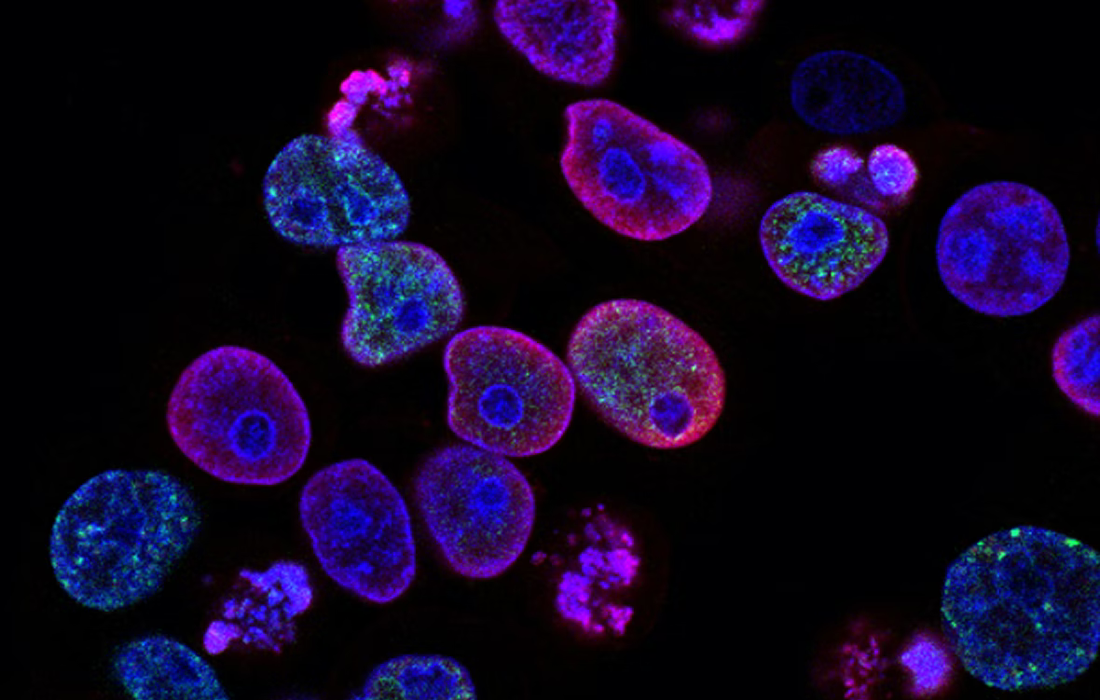Obesity is a major health problem in the industrialized world. Is a complex disease involving an excessive amount of body fat. Obesity isn’t just a cosmetic concern. It’s a medical problem that increases the risk of other diseases and health problems, such as heart disease, diabetes, high blood pressure and certain cancers. According to 2017–2018 […]
Category Archives: Regenerative Medicine News and General Information
Lead is a developmental neurotoxicant in wide industrial use that was once broadly distributed in the environment. The extent of the US population exposed in early life to high levels of lead is unknown, as are the consequences for population IQ. Considerable effort is expended to protect today’s children from lead exposure, but there is […]
Atopic dermatitis (AD) is a chronic inflammatory skin disease characterized by eczematous lesions and intense pruritus, which often has a profound impact on daily activities and quality of life of patients and their families. There are different therapeutic options for patients with AD that are not controlled with topical treatments, such as cyclosporine, methotrexate, long […]
Parkinson’s disease (PD) is a multifactorial disorder caused by a combination of genetic and environmental factors. Evidence suggests that PD risk factors lead to common pathological processes, including excessive production of reactive oxygen species, axonal pathology, neuroinflammation, and mitochondrial dysfunction. Most PD cases result from an interaction between genetic and environmental risk factors. However, a […]
Breast cancer is the most common cancer in women and the second leading cause of cancer mortality, with more than 2.2 million annual cases and 685,000 estimated deaths globally. In the clinical practice, patients are classified according to the expression of estrogen receptor (ER), progesterone receptor (PR(, amplificacion of human epidermal growth factor receptor 2 […]
It is estimated that more than 240 million people are infected with hepatitis B worldwide, and for that reason it continues to be a major public health problem. Chronic hepatitis B (CHB) infection is considered a major risk factor for serious liver disease such as cirrhosis, hepatocellular carcinoma, and related complications. Current antiviral therapies have […]
Axonal fusion is an efficient means of repair following axonal transection, whereby the regenerating axon fuses with its own separated axonal fragment to restore neuronal function. The axon, the longest neuronal process, is essential for the transmission of electrochemical signals to other neurons or muscles. Damage to axons in the central or peripheral nervous system […]
The exposure of humans to phthalates is widespread through contact with myriad consumer products. This exposure is particularly high through medications formulated with phthalates, and they can disrupt normal endocrine signaling and are associated with reproductive outcomes and incidence of some cancers. Phthalates are chemical additives used to enhance the durability or consistency of plastics […]
Exposure to artificial light during the night is widespread globally, particularly in industrialized countries. Given that light and dark exposure patterns play a key role in the timing of many behaviors and physiological functions, exposure to light in the evening and night has been posited to be deleterious for human health and well-being. Studies have […]
A recently published study has suggested that types of immune cells may help predict physical status in patients with amyotrophic lateral sclerosis, while others may predict patient survival. The results were published in the journal eLife. The results of the study suggest that measuring changes in immune cell populations may help physicians monitor the status […]










